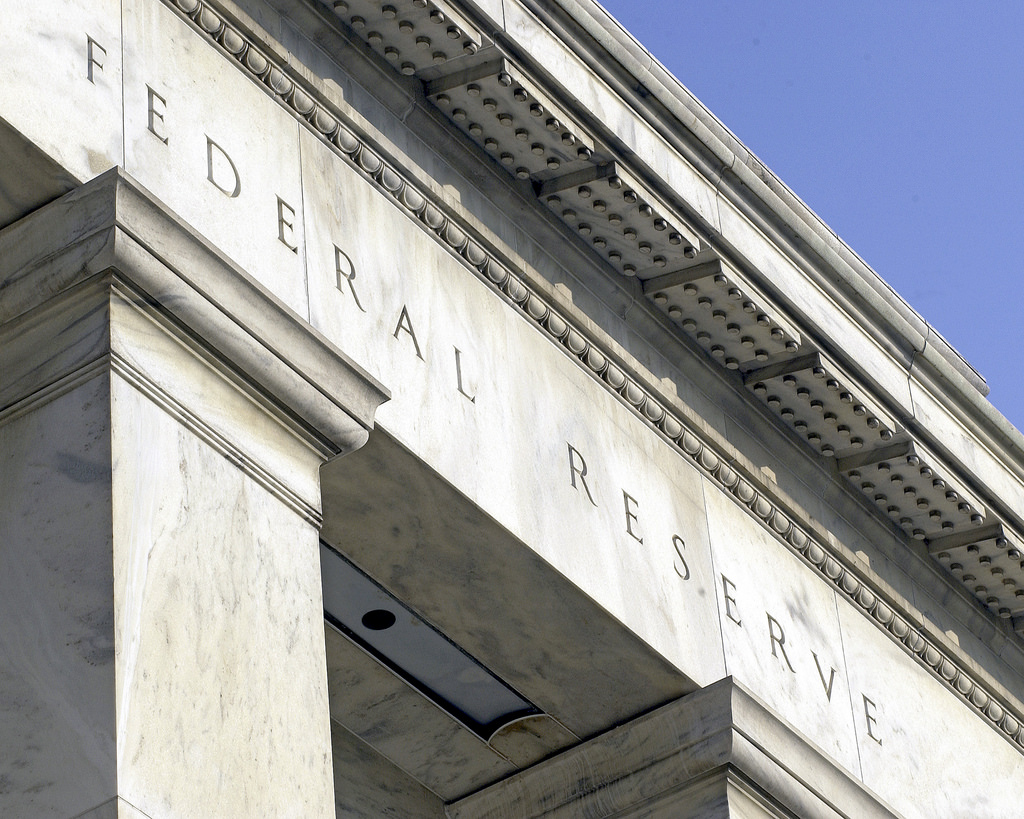abrdn: Preview of Jackson Hole
abrdn: Preview of Jackson Hole

James McCann, Deputy Chief Economist at abrdn, looks ahead to the meeting in Jackson Hole later this week.
Fed Chair Powell looks set to signal that interest rate cuts are coming at his Jackson Hole speech this week, but the speed and extent of easing remains uncertain. Given the ongoing moderation in inflation, and with cracks emerging in the labour market, the Fed can prioritise trying to deliver a soft landing by dialling back the restrictiveness of monetary policy settings. Indeed, Powell is likely to signal the start of an ongoing easing cycle, which would set the scene for rate cuts at every remining meeting this year.
The good news for the Fed is that US data released last week provided some further reassurance that the US economy is probably not heading for imminent recession.
Consumer sentiment was stronger than expected in August according to The University of Michigan survey, rising by 1.4 points to 67.8, the first increase since March.
Admittedly, consumer sentiment has been a poor guide to the underlying health of the economy recently, reflecting political polarisation. The level of reported sentiment has been consistently worse than might be expected considering activity growth. However, it would be surprising if sentiment improved at the same time as the economy was deteriorating fast.
By contrast, housing activity was weaker. New starts were down nearly 7% month over month in July. But Hurricane Beryl clearly weighed on these readings, with weakness concentrated in the South.
Still, following a strong opening to the year, housing starts and permits have been sluggish in recent months, as tight monetary policy continues to weigh on interest-rate-sensitive sectors.
Policymakers will get a better perspective on the recent health of the labour market when the Quarterly Census of Employment and Wages benchmark revisions are released later this week. These are likely to be negative, but only go up to March, so may not cast much light on the most recent period, which is the locus of recession concerns.







